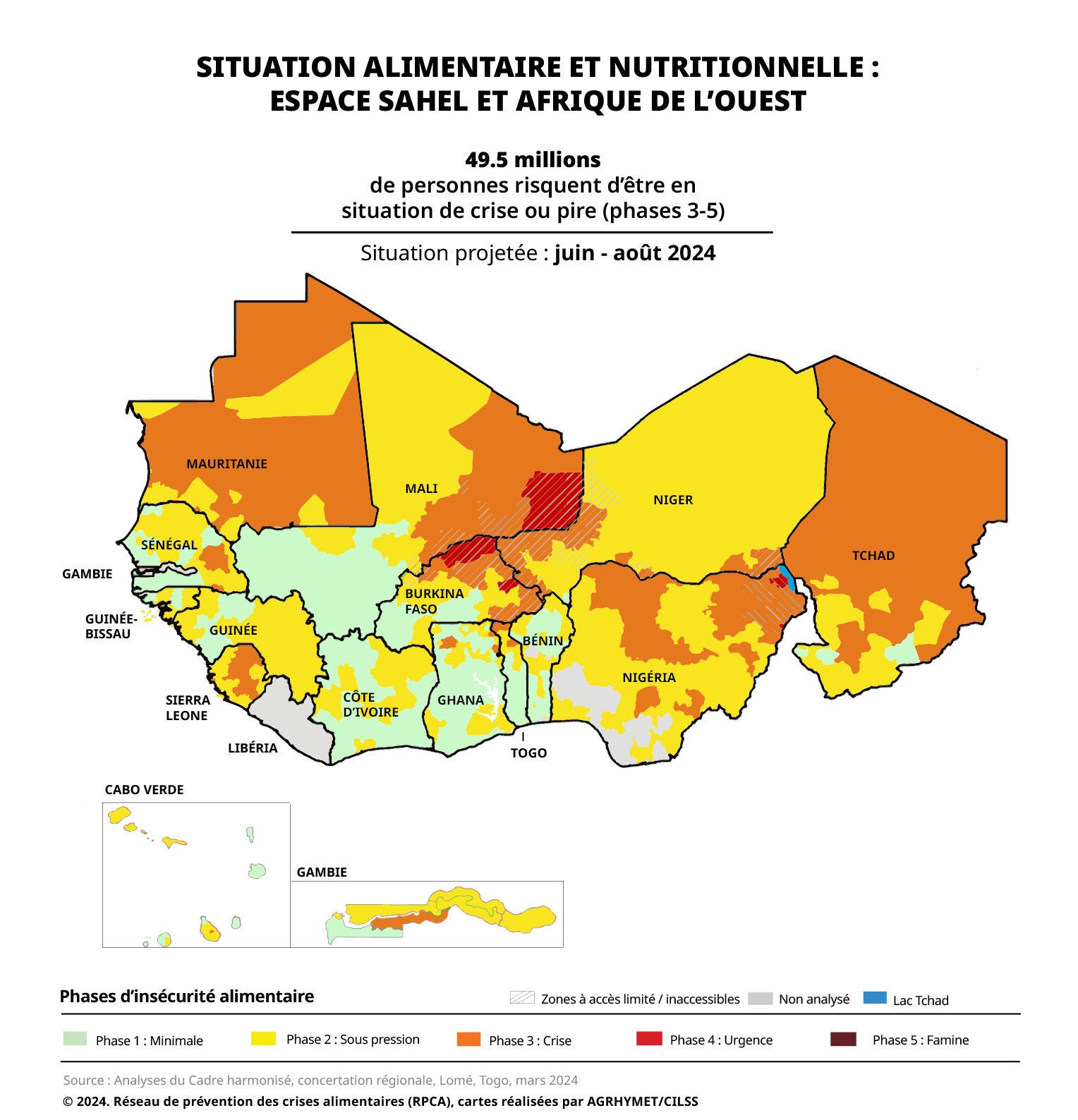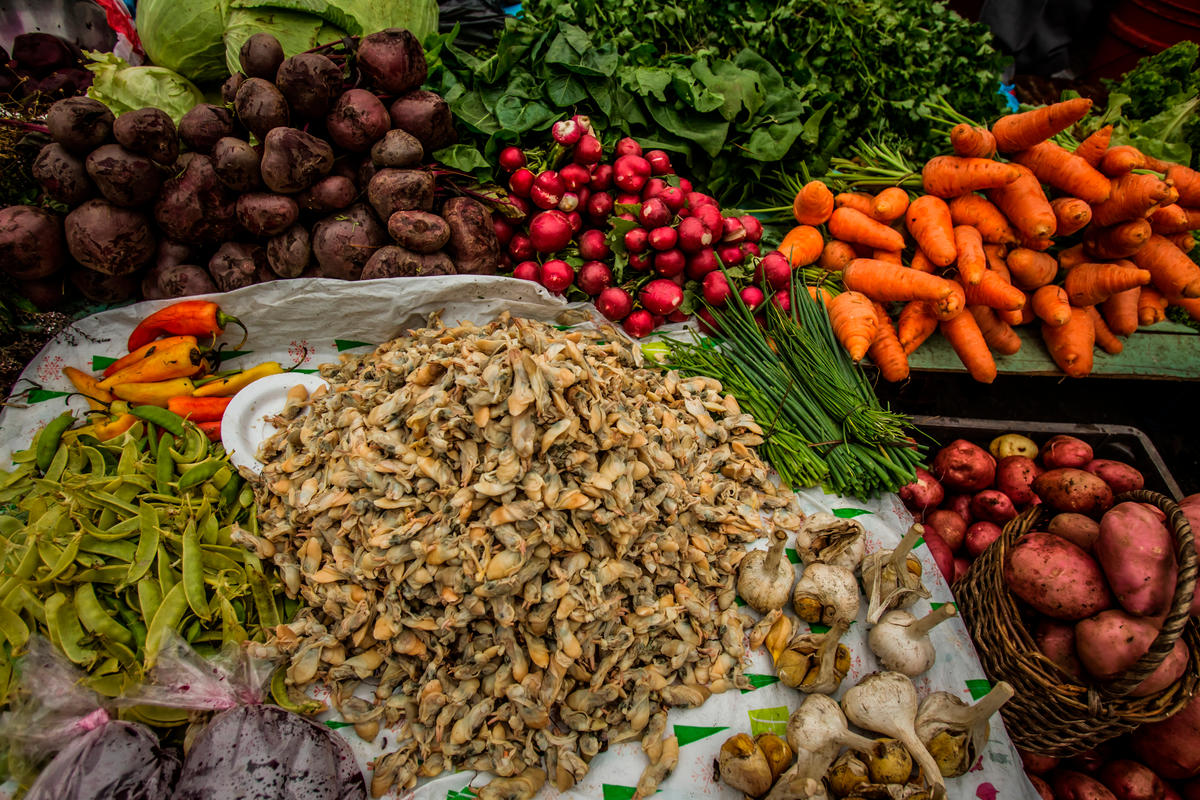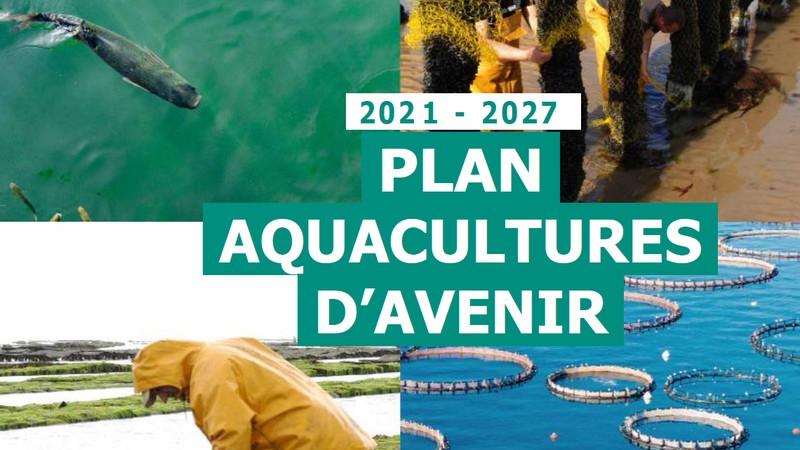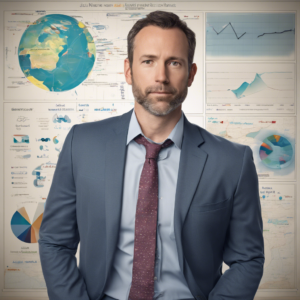THE marine cultures emerge as a promising solution to meet the growing challenges of global food security. Using the ocean’s vast resources, these practices offer a sustainable alternative for feeding a growing population. With innovation in the culture ofalgae and fish farming, marine aquaculture contributes to diversifying our diet while preserving the biodiversity. These advances are part of a global approach aimed at enriching our eating without endangering coastal ecosystems.

Faced with a growing world population and increasingly strained land resources, marine cultures are proving to be a promising solution to transform our food future. Fish farming and seaweed cultivation offer sustainable alternatives to meet growing demand by protecting the biodiversity and preserving our ecosystems. This article explores the perspectives offered by these innovative practices, addressing land-based algae production, dietary diversity and the positive impacts of marine cultures on ecosystems.
Table of Contents
ToggleThe prospects for algae cultivation
Seaweed cultivation, whether practiced at sea or on land, appears to be a viable response to food challenges. THE marine algae, thanks to their ability to photosynthesis, efficiently transform carbon dioxide, water and nutrients into plant matter rich in protein and essential nutrients. Their production on non-agricultural areas allows us not to compete with traditional agriculture, while diversifying our diet. Furthermore, algae are recognized for their numerous nutritional benefits and their small ecological footprint, bringing us closer to a more environmentally friendly food transition.
The rise of aquaculture to meet global food needs
L’aquaculture saw its production quadruple between 1990 and 2017, proving that it already plays a leading role in covering the planet’s growing food needs. Today, the farming of fish, mussels and oysters is developing as a key solution. Not only do these practices ensure sustainable production, but they also have a positive impact on coastal ecosystems by cleaning them and promoting the regeneration of marine biodiversity. The implementation of ecosystem-friendly aquaculture represents a significant step forward towards sustainable food security.
The diversification of food by sea
To stop the degradation of our biosphere and guarantee a balanced diet, it is essential to diversify our diet through seafood. This approach involves the development ofmarine agroecology, thus preserving biodiversity while meeting our nutritional needs. Growing a variety of marine products contributes to the health of the oceans and provides a multitude of nutrient-rich food options. Responsible fishing and sustainable cultivation play a crucial role in this food transition.
Reinventing our diets for a sustainable future
Health is the driving force behind dietary transitions towards more sustainable models. Understanding the impacts of our diet on our health as well as the environment is essential. Marine cultures, with their healthy and abundant options, are an opportunity to reinvent the way we eat by integrating more products from the marine environment into our daily lives. This transition is not only aimed at meeting growing global demand, but also at preserving biodiversity and ensure a future more respectful of our planet.










